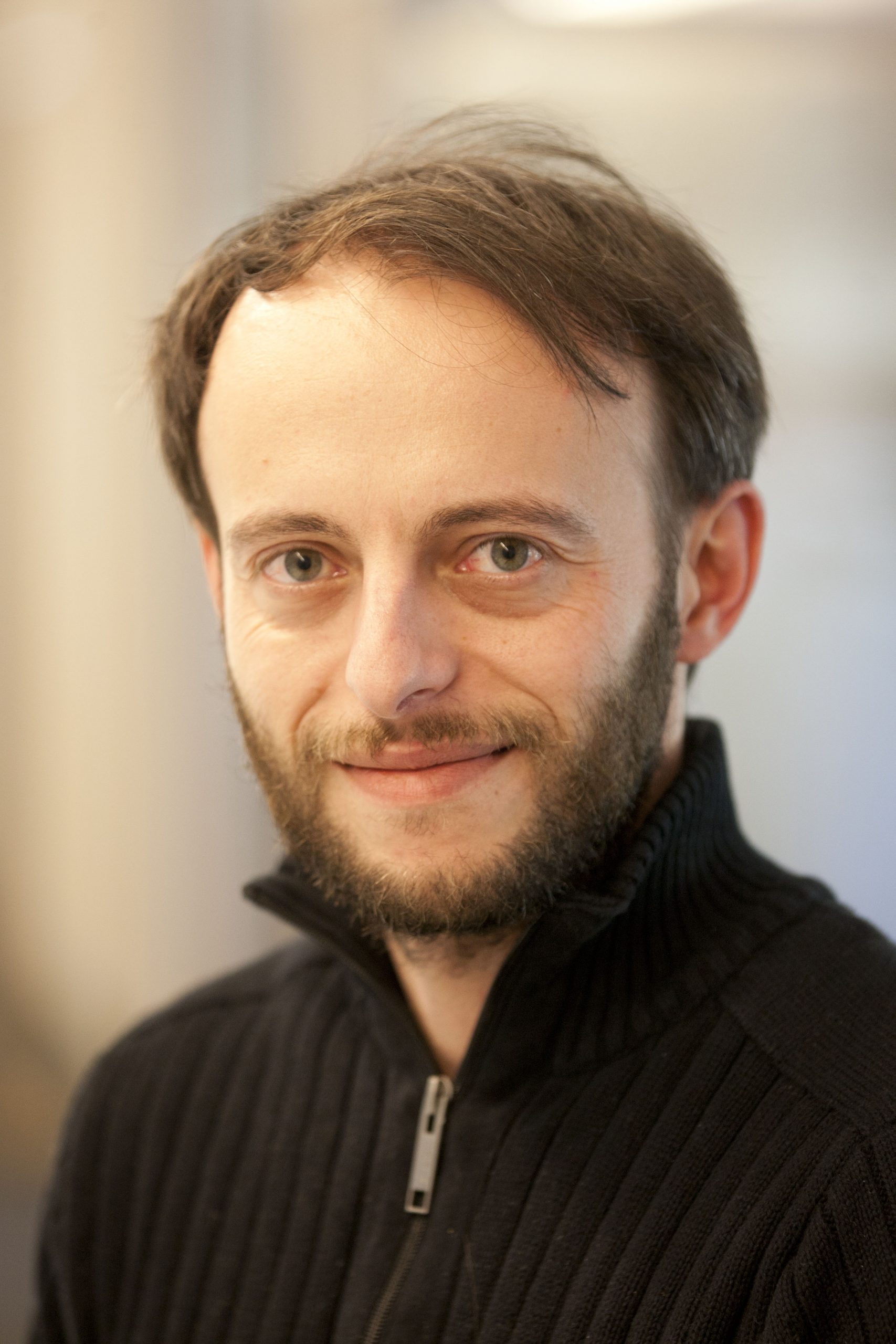HITS Researcher Alexandros Stamatakis Appointed Professor in Karlsruhe

Dr. Alexandros Stamatakis, head of the Scientific Computing (SCO) research group at the Heidelberg Institute for Theoretical Studies (HITS), has been appointed to a new W3 Chair in High Performance Computing in the Life Sciences (Department of Informatics) at the Karlsruhe Institute of Technology (KIT).
By creating this Chair, KIT intends to strengthen its competencies in the area of high performance computing (HPC), especially in the life sciences. The place of employment is at HITS. Prof. Stamatakis will, however, be present at the Instituteof Theoretical Informatics at KIT. In the coming winter term he will give introductory introductory lectures in bioinformatics to M.A. students. The professorial appointment is yet another example of the close collaboration between KIT and HITS, the research institute of the Klaus Tschira Foundation.
Alexandros Stamatakis (35) studied Computer Science in Munich, Lyon (École Normale Supérieure), Paris, and Madrid. In 2004 he received his PhD from the Technical University of Munich. He worked as a postdoctoral fellow in Crete and at the Swiss Federal Institute of Technology at Lausanne. In 2008 Stamatakis returned to Munich where he worked at the LMU and the TU Munich as head of a junior research group funded by the Emmy-Noether program of the German Science Foundation (DFG). Previously, he declined two positions as assistant professor in the US.
Since October 2010, Alexandros Stamatakis has been working as head of the new research group “Scientific Computing” (SCO) at HITS. In his work, he focuses on developing software for reconstructing evolutionary (phylogenetic) trees and on designing new computer architectures for reconstructing phylogenies. Together with his group, Alexandros Stamatakis is responsible for the new parallel supercomputer system that was installed at HITS. He also shares his expert knowledge in parallel computer architectures and parallel programming with other HITS research groups.
The primary research objective of Prof. Stamatakis is to reconstruct the evolution of all living beings for which genetic data is available. To this end, he developed the software package RAxML, which allows for analyzing phylogenies. Using RAxML, Prof. Stamatakis and his research partners from Yale University and Brown University (U.S.) recently reconstructed the largest plant phylogeny (evolutionary tree) to date, involving over 55,000 species of angiosperms (flowering plants).
Alexandros Stamatakis and his group are also collaborating in the international interdisciplinary 1KITE project (www.1kite.org) aimed at reconstructing and analyzing phylogenetic trees of insects. The aim of the project is to gain new insights into the reasons for the biodiversity of insects.
The interdisciplinary commitment of Prof. Stamatakis is also reflected by his appointment as Adjunct Professor at the Department of Ecology and Evolutionary Biology of the University of Arizona in Tucson. Recently, he became member of the Steering Committee for the new SuperMUC supercomputer of the Leibniz-Rechenzentrum (Leibniz Supercomputing Centre) in Munich. SuperMUC will be officially inaugurated in July 2012 and will then rank among the top 10 of the international TOP500 list of supercomputers.
Furthermore, Prof. Stamatakis is the only computer scientist on the Advisory Board of the Society of Systematic Biologists.
About KIT
Karlsruhe Institute of Technology (KIT) is a public corporation according to the legislation of the state of Baden-Württemberg. It fulfills the mission of a university and the mission of a national research center of the Helmholtz Association. KIT focuses on a knowledge triangle that links the tasks of research, teaching, and innovation.
Press contact:
Dr. Peter Saueressig
Head of Communications
Heidelberg Institute for Theoretical Studies (HITS)
Phone: +49-6221-533245
Peter.saueressig@h-its.org
www.h-its.org
Twitter: @HITStudies
About HITS
HITS, the Heidelberg Institute for Theoretical Studies, was established in 2010 by physicist and SAP co-founder Klaus Tschira (1940-2015) and the Klaus Tschira Foundation as a private, non-profit research institute. HITS conducts basic research in the natural, mathematical, and computer sciences. Major research directions include complex simulations across scales, making sense of data, and enabling science via computational research. Application areas range from molecular biology to astrophysics. An essential characteristic of the Institute is interdisciplinarity, implemented in numerous cross-group and cross-disciplinary projects. The base funding of HITS is provided by the Klaus Tschira Foundation.